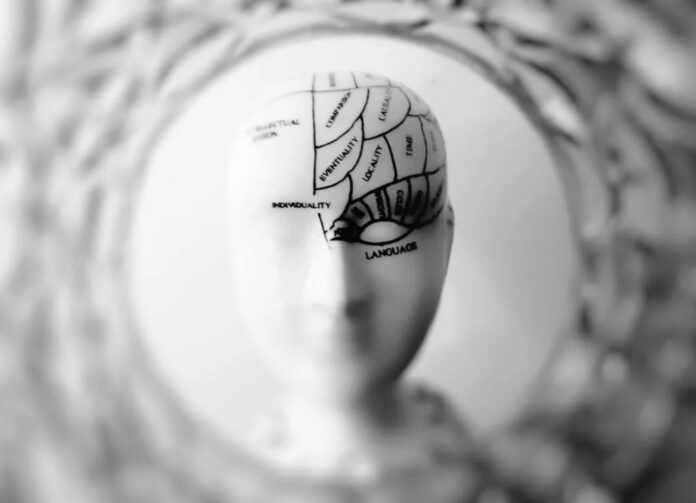New research from global health system Cleveland Clinic has found that initial memory problems are linked with a slower rate of decline in Alzheimer’s disease and dementia.
Dementia develops when infections or diseases impact the parts of the brain involved with learning, memory, decision-making or language. Alzheimer’s disease is the most common cause of dementia and is a progressive brain condition that eventually affects a person’s ability to carry out basic daily activities. Some researchers believe the process leading to Alzheimer’s may start 10 years or more before the first symptoms appear.

“What we found in our new study was that people with early memory symptoms alone, compared to people with, say, only early language problems or visual-spatial problems, tend to have a slightly slower disease progression in terms of their functional abilities,” says study lead author and Cleveland Clinic neurologist Jagan Pillai, MD, PhD.
Dr. Pillai says individuals with language problems, spatial ability and judgment issues seemed to be affected more over a period of time – specifically in their daily functional abilities.
One reason for this, Dr. Pillai suggests, could be that a person with only memory difficulties can find other ways to compensate, such as keeping track of what they’re doing by recording themselves or writing down notes, which allows them to remain functional.
Dr. Pillai also notes that memory difficulties come from a different part of the brain than language problems, for example, so the way the disease progresses could be different.
“The portion of the brain that is first impacted by the disease tends to determine the symptoms that go along with the disease and also the kind of progression from there to other regions,” explains Dr. Pillai.
“Having this information available can help physicians better diagnose patients and prepare them for the future. It can also be useful for researchers when it comes to testing different medications to treat Alzheimer’s disease,” Dr. Pillai concluded.
According to the World Health Organization, 55 million people currently have dementia worldwide, and every year there are nearly 10 million new cases. It is the seventh leading cause of death and one of the major causes of disability and dependency among older people globally. The healthy body estimates that Alzheimer’s disease may contribute to 60–70% of these cases.

